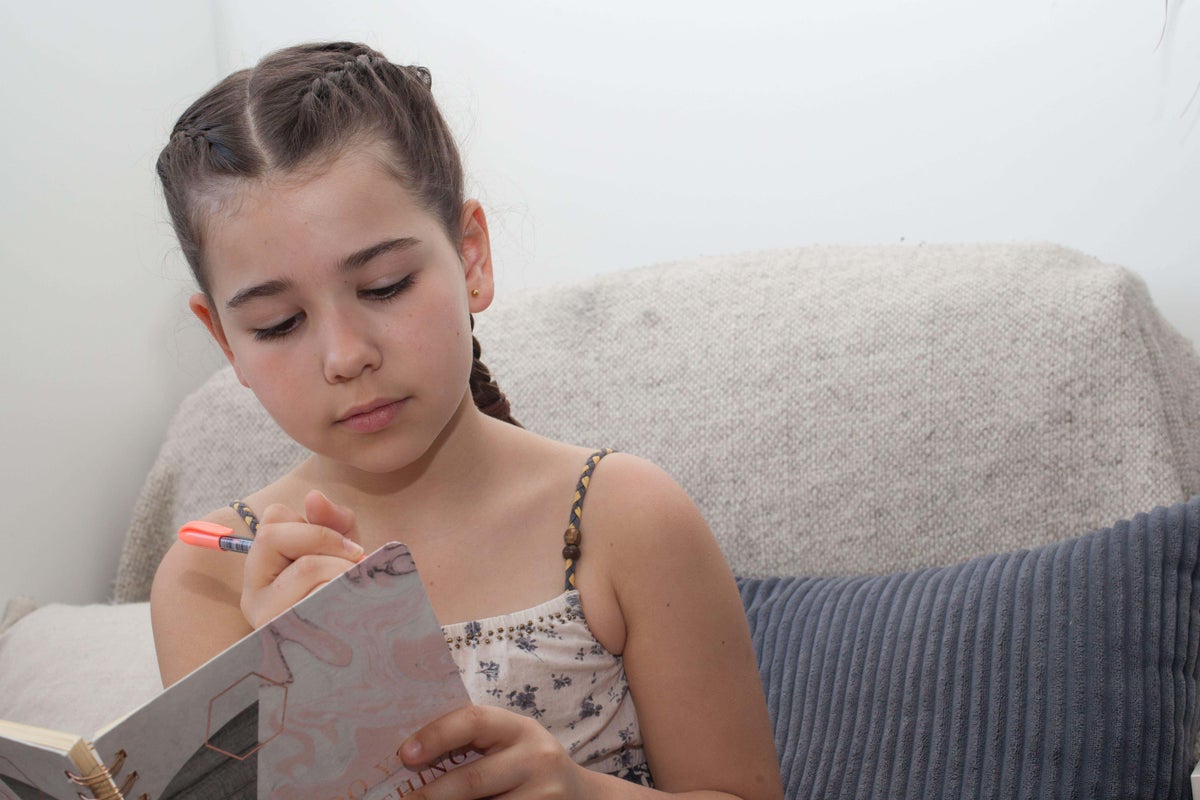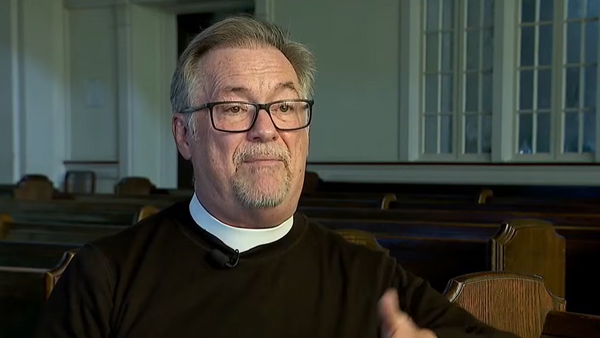
Only around a quarter of children in the UK say they enjoy writing in their spare time, a survey has suggested.
The National Literacy Trust (NLT) has warned that the number of young people who enjoy writing in their free time has fallen to its lowest level since they began recording data 15 years ago.
Just 26.6% of those aged between eight and 18 said they enjoyed writing in their free time in 2025, compared to 28.7% last year and 46.8% in 2010.
The near halving of writing enjoyment over the past 15 years has “concerning” long-term implications for children’s learning, literacy and development outcomes, the charity has warned.
Only one in 10 (10.4%) said they write daily in their free time, compared to 11.1% last year and 27% in 2010, the research found.
Overall, 114,970 children and young people aged five to 18 from 515 schools across the UK were surveyed by the NLT between January and March.
Writing for pleasure is in a “worrying state of decline” and decreasing levels of writing enjoyment and engagement are “closely mirrored by troubling attainment figures,” the charity’s report said.
Last year, 72% of children in England met the expected standard in writing in the Key Stage 2 Sats, compared to 78% in 2019.
Younger children, particularly those aged eight to 11, have historically shown higher levels of writing enjoyment, but this year’s data shows primary-aged children are “losing enthusiasm fastest”.
Girls, traditionally more engaged in writing than boys, have also seen sharper declines in writing enjoyment than boys in recent years, the report said.
But the research suggested that boys and older children continue to show the lowest levels of writing enjoyment and frequency.
While paper-based writing remains the most common format of writing, less enthusiastic writers showed a preference for digital writing (such as song lyrics, reviews or scripts), the report said.
Jonathan Douglas, chief executive of the NLT, said: “The findings offer a sobering view of writing culture in the UK but also point to actionable insights.
“By focusing on what motivates children and young people, particularly autonomy, creativity, and personal and cultural relevance, they are far more likely to engage with it on their own terms. That’s where true progress begins.”







